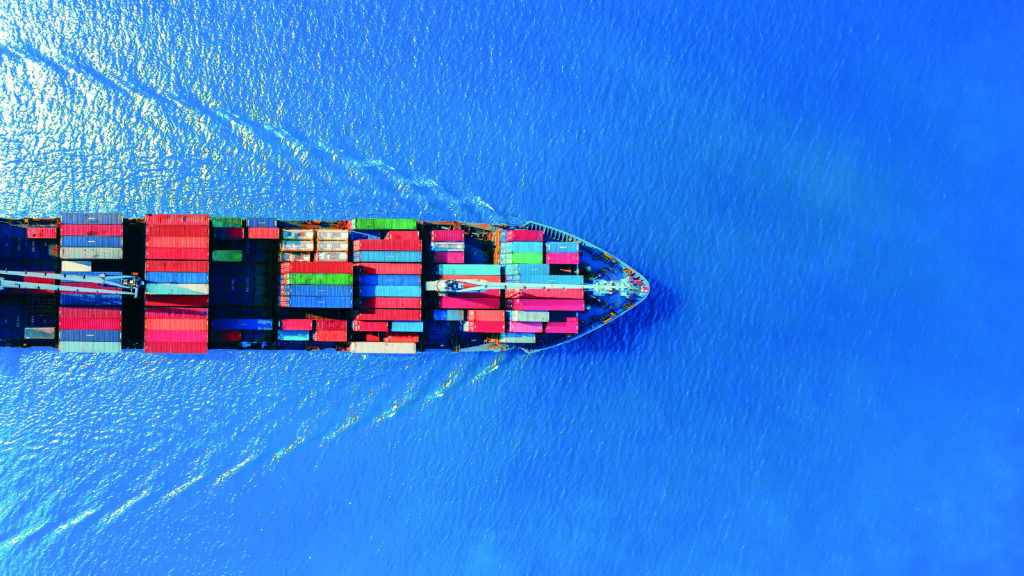The British Meat Processors Association (BMPA) is calling for a fairer system of import charges, as the first invoices for the new Common User Charge for importing meat and plant products through Dover start to land.
The BMPA said the maximum of ‘£145 per truck’ for the charge claimed by Conservative ministers at the time could end up costing up to £870, depending on the product lines and consignments contained on the truck.
While most businesses should be aware of how much they’ll be charged, some will be in for a shock because the previous government misled them about what the charges could amount to, it claimed.
The BMPA’s trade policy advisor Peter Hardwick described the concept of a Common User Charge as ‘just another added cost of Brexit with no added benefit’.
“The fact is that this is a tax, as it is charged on every consignment passing through Dover and Eurotunnel,” he said.
“It is levied to pay for the previous government’s over-engineered project to inspect 15-30% of consignments, when another department was already under instruction to come up with a Border Operating Model based on checks of around 2% of consignments. Checks at this lower level could have easily been managed at Dover and Eurotunnel, without the need for the Sevington facility or a Common User Charge.”
In addition, Border Control Posts also impose a Port Health Authority fee, meaning that at government-operated BCPs (Dover and the Eurotunnel), importers will face a double charge on every IPAFF entry for medium and high-risk goods. None of these fees are directed back to the Dover port.
Mr Hardwick added: “This charge is levied overwhelmingly for goods that never go to Sevington and, for the most part, for documentary checks that are carried out automatically and with little or no human intervention.
“This Port Health Authority charge is intended for actual documentary and physical checks and again reflect a much higher level of checking than is currently taking place”.
Fairer system
BMPA is, therefore, pushing for a fairer system of charging that is proportionate to the work being carried out. It said the Port Health Charge for an automated, digital check of documents should be a small, standard charge, not based on the tonnage of the consignment as it is currently.
It said that while it understands that money spent on the Sevington ‘white elephant’ has to be recouped, Dover remains the most expensive entry point to bring goods into the UK, with the added cost being passed on to British consumers.
The Labour Government has promised to re-negotiate a new veterinary agreement with the EU, which the BMPA hopes would remove all these trade barriers and added costs.




